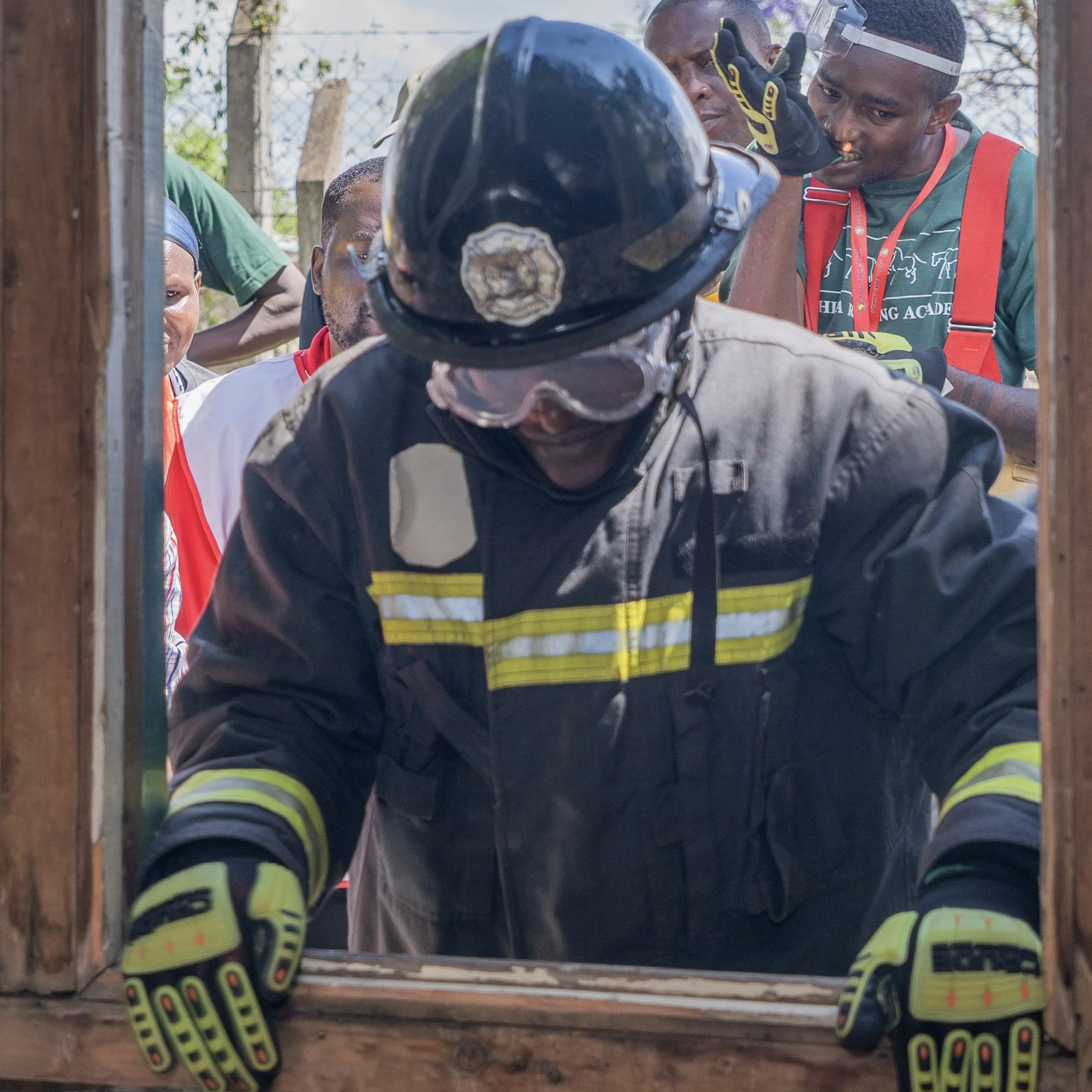Firefighters face unique challenges and stressors that significantly impact their mental health, leading to higher rates of suicide compared to the general population. Recognizing and addressing these issues is crucial for their well-being.
Understanding the Challenge
Firefighters often encounter traumatic events, long working hours, and physical demands that contribute to mental health issues such as PTSD, anxiety, and depression. Recognizing the prevalence of these issues is essential for developing effective support systems and interventions.
Recognizing Signs and Symptoms
Early detection of mental distress is vital. Behavioral indicators like withdrawal from activities, increased irritability, and feelings of hopelessness, along with physical signs such as fatigue and changes in substance use, can signal underlying mental health issues. Encouraging open conversations about mental health can lead to timely interventions.
Creating a Supportive Environment
Building a culture of openness and support within fire departments helps reduce stigma and promotes better mental health outcomes6. Peer support and camaraderie play a crucial role in helping firefighters feel understood and less isolated. Comprehensive mental health programs, including access to counseling and regular training, are essential for addressing these challenges.
Intervention Strategies
Crisis intervention training equips firefighters with the skills to recognize and support colleagues in distress. Collaboration with mental health professionals and implementing structured suicide prevention protocols can significantly improve support systems.
Long-Term Wellness and Resilience
Promoting work-life balance, ongoing mental health education, and continuous access to mental health support are key to fostering resilience and reducing suicide risks among firefighters.
Conclusion
Understanding the unique challenges faced by firefighters and creating supportive environments with effective intervention strategies are crucial for suicide prevention efforts. Early recognition of mental health symptoms and fostering a culture of openness can lead to better mental health outcomes and overall well-being for firefighters.
James Nyadwe is a Water Survival/Safety Expert and Trainer, Open Water Scuba Diver, and a Fire Advocate. James is passionate about sharing knowledge on safety issues on land and water that impact first responders. Additionally, James has served as an instructor for AFM’s virtual firefighter training.


